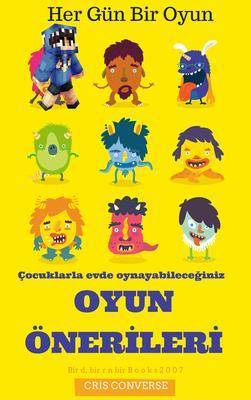
Oyun ?nerileri :Her gün Bir Oyun
¥2.49
Oyun ?nerileri :Her gün Bir Oyun
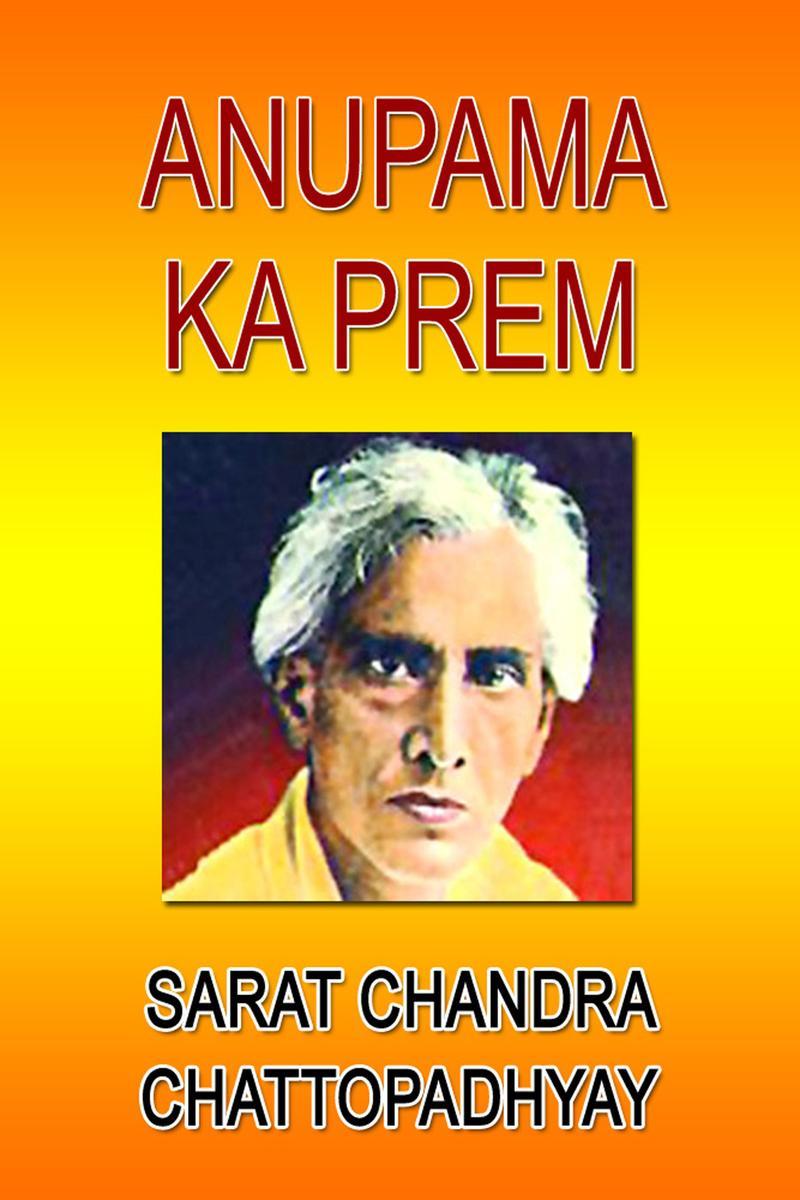
Anupama Ka Prem
¥8.09
Anupama Ka Prem
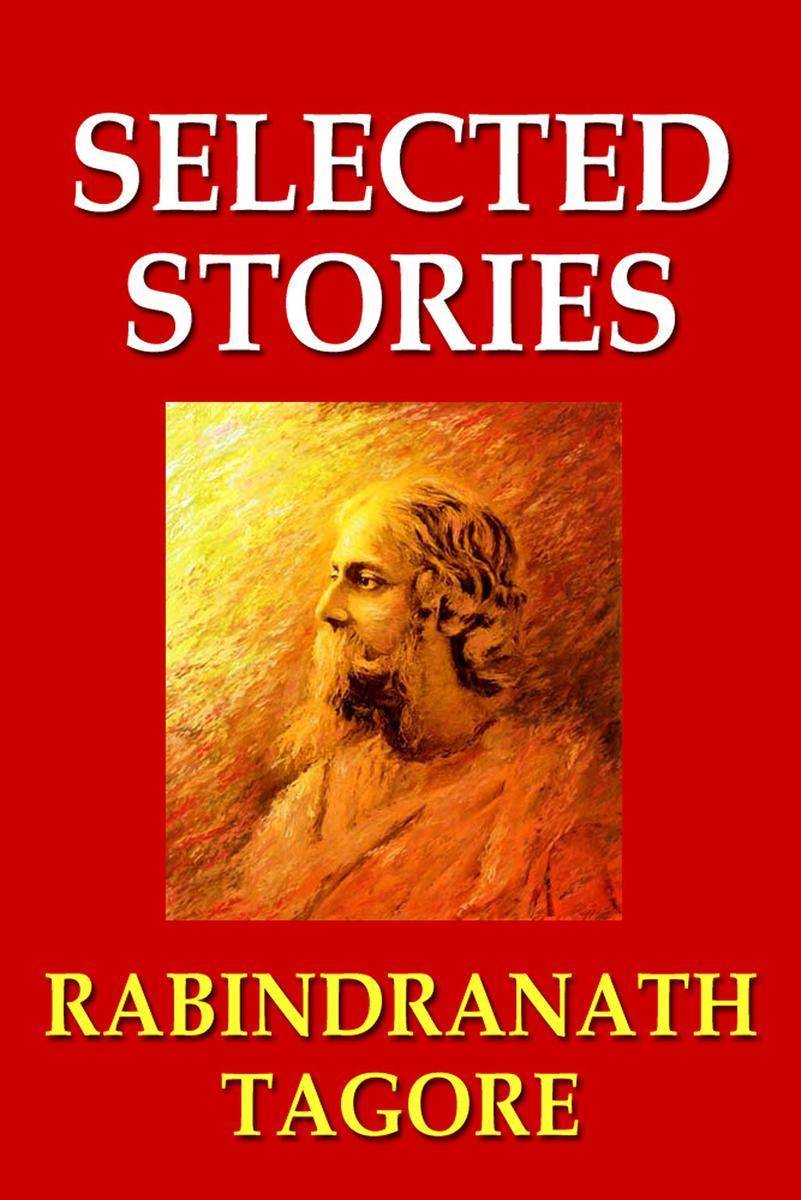
Rabindranath Tagore's Selected Stories
¥24.44
Rabindranath Tagore's Selected Stories
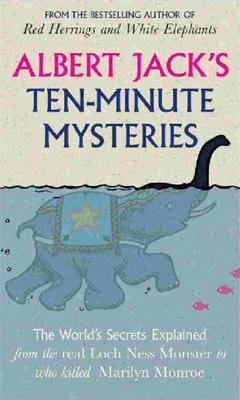
Albert Jack's Ten Minute Mysteries: World Famous Mysteries Solved
¥38.99
Albert Jack's Ten Minute Mysteries: World Famous Mysteries Solved

Candy Crush Jelly Saga Tips, Cheats and Strategies
¥2.78
Candy Crush Jelly Saga Tips, Cheats and Strategies

Blitz Brigade Online FPS Fun Game Guides Walkthrough
¥2.78
Blitz Brigade Online FPS Fun Game Guides Walkthrough

Best Belly Fat-Blaster: Yoga: Mindfulness Therapy
¥32.62
Best Belly Fat-Blaster: Yoga: Mindfulness Therapy

Depression and Anxiety
¥24.44
Depression and Anxiety
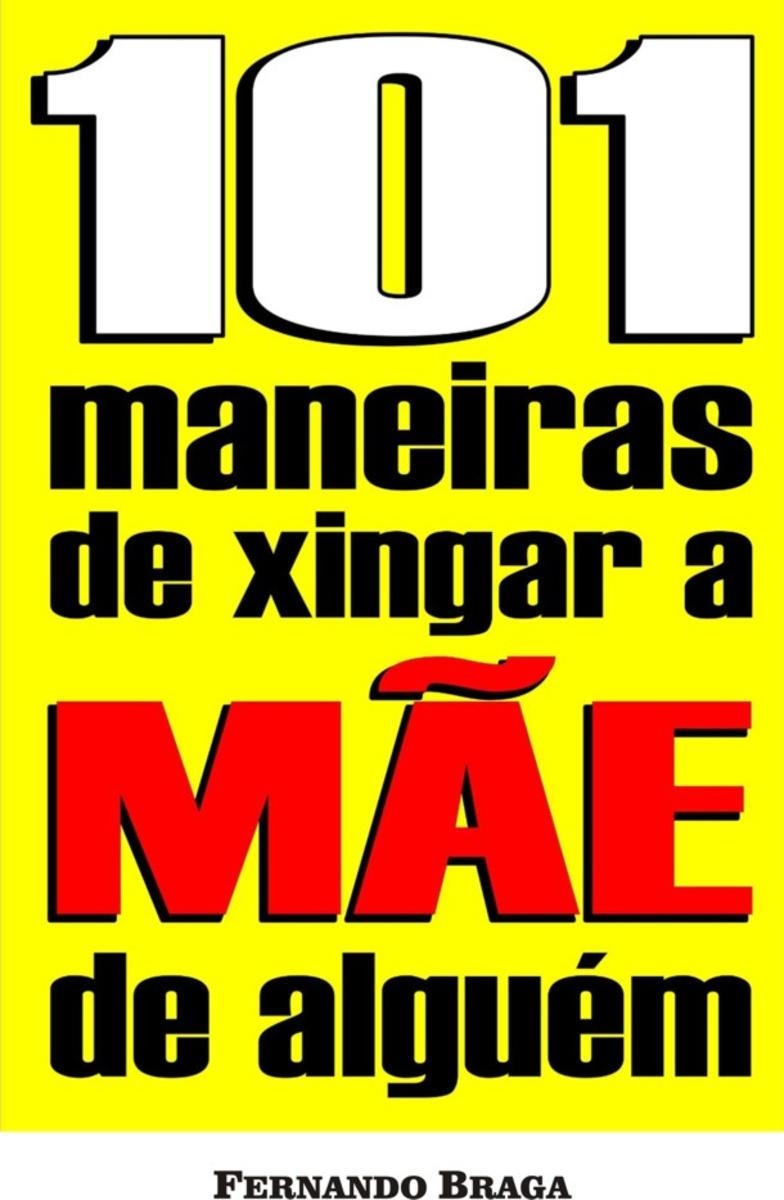
101 Maneiras de xingar a m?e de alguém
¥7.79
101 Maneiras de xingar a m?e de alguém

Cervical Cancer
¥24.44
Cervical Cancer
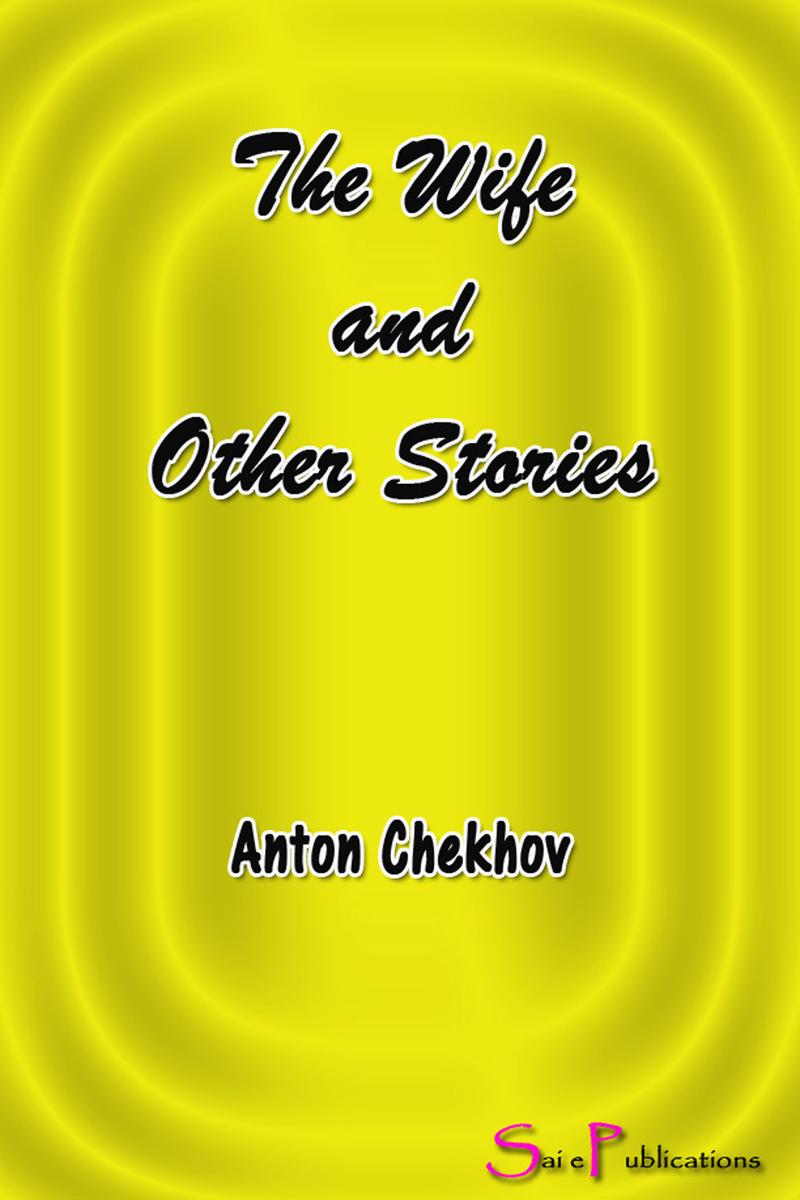
The Wife and Other Stories
¥24.44
The Wife and Other Stories
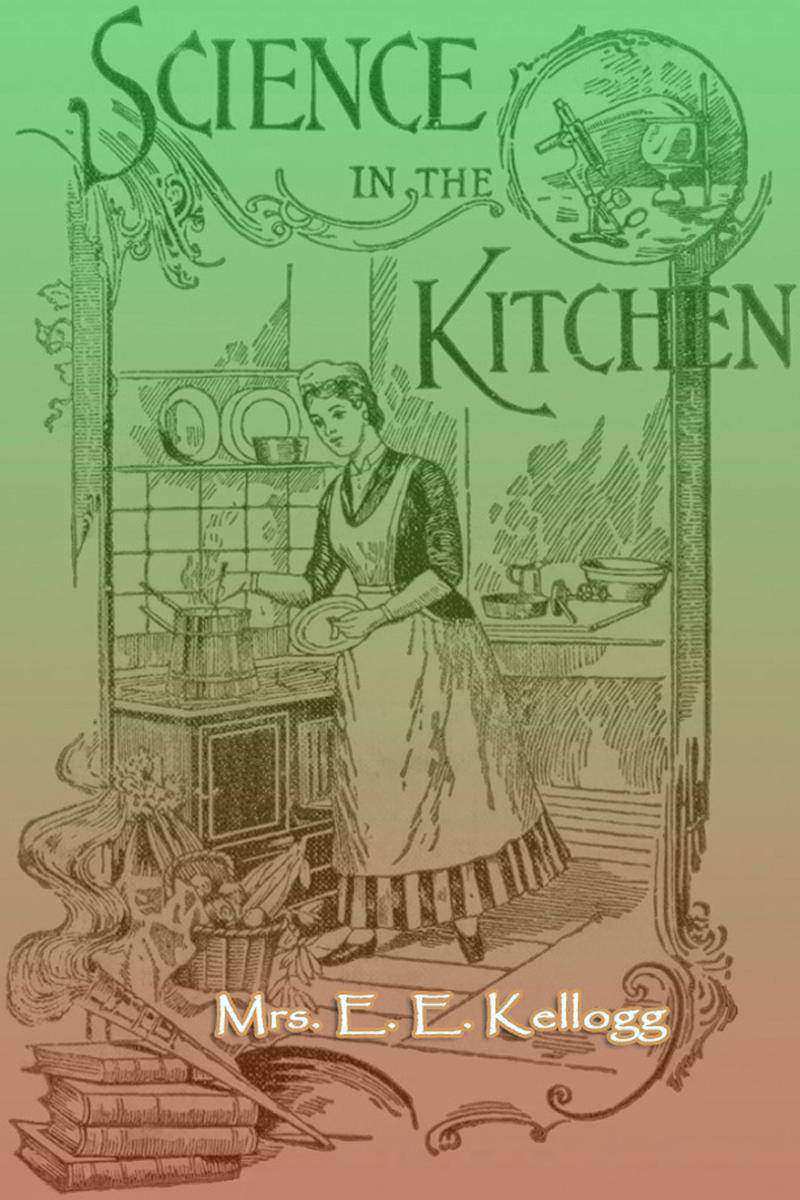
Science in the Kitchen
¥24.44
Science in the Kitchen
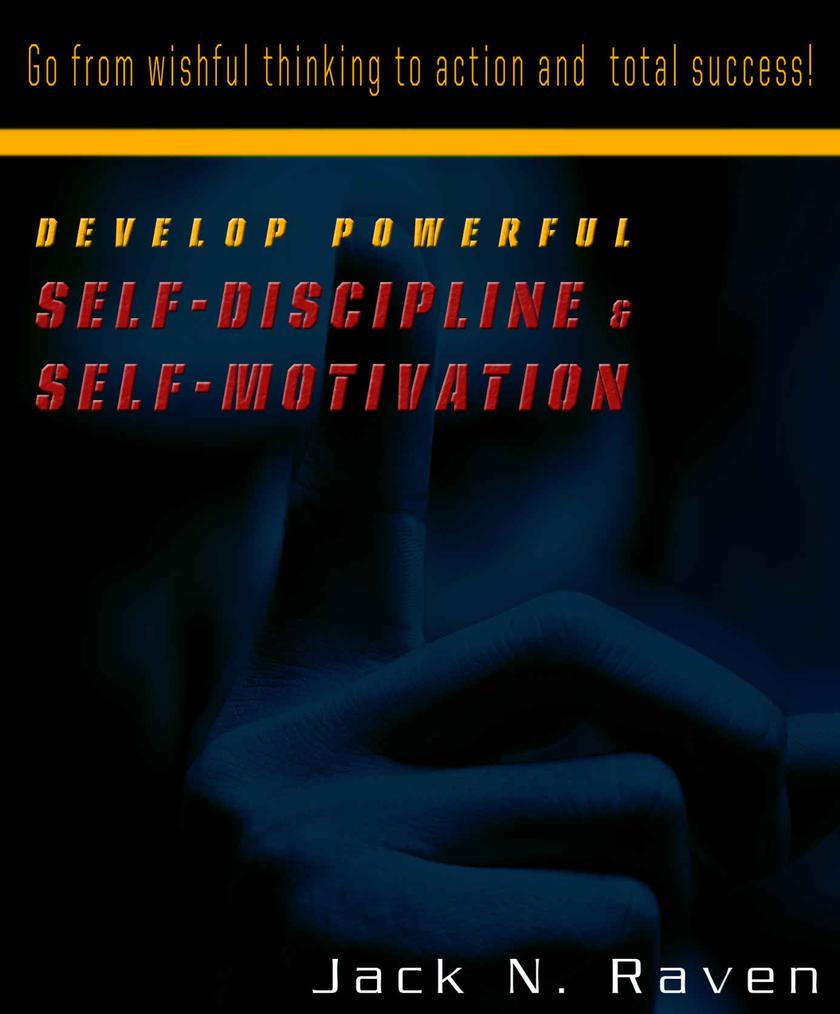
Develop Powerful Self-Discipline and Self-Motivation
¥24.44
Develop Powerful Self-Discipline and Self-Motivation

TIER Unit 3-1 Day Four: Scorched Earth
¥21.74
TIER Unit 3-1 Day Four: Scorched Earth
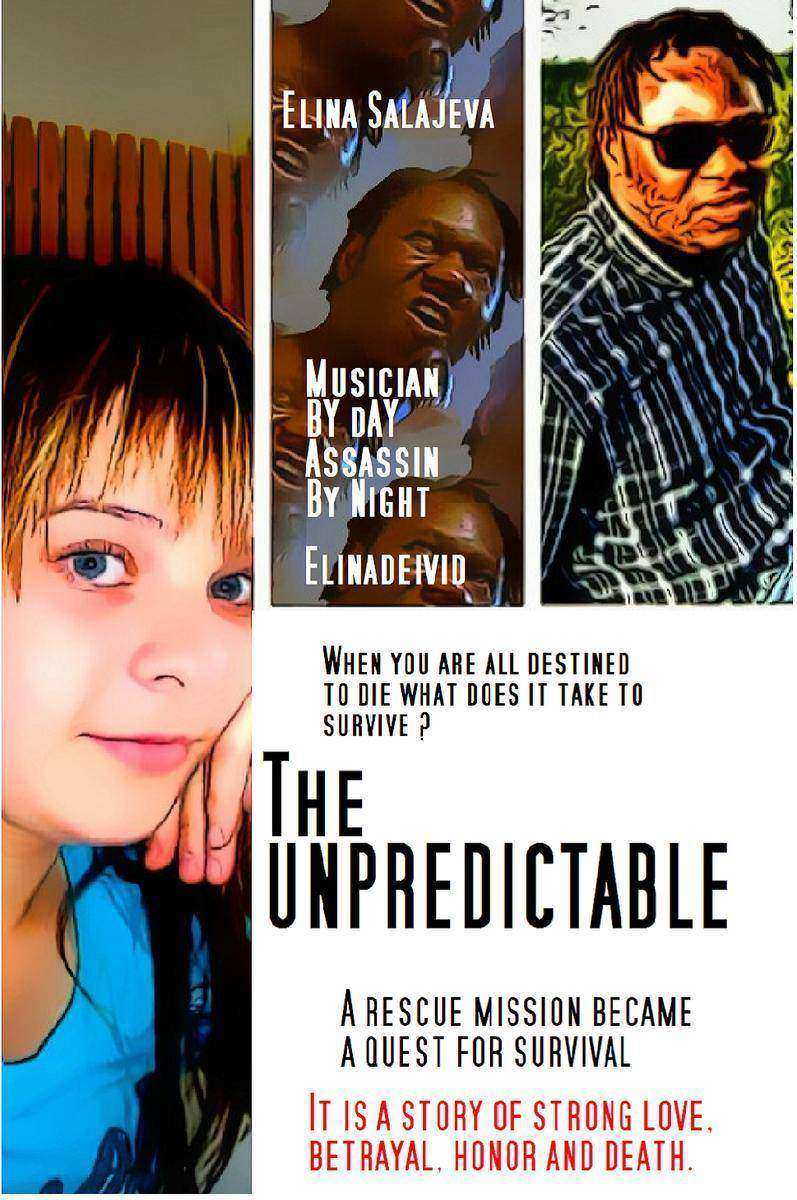
The Unpredictable
¥24.44
The Unpredictable

Recipe for Eagle Cove
¥40.79
Recipe for Eagle Cove
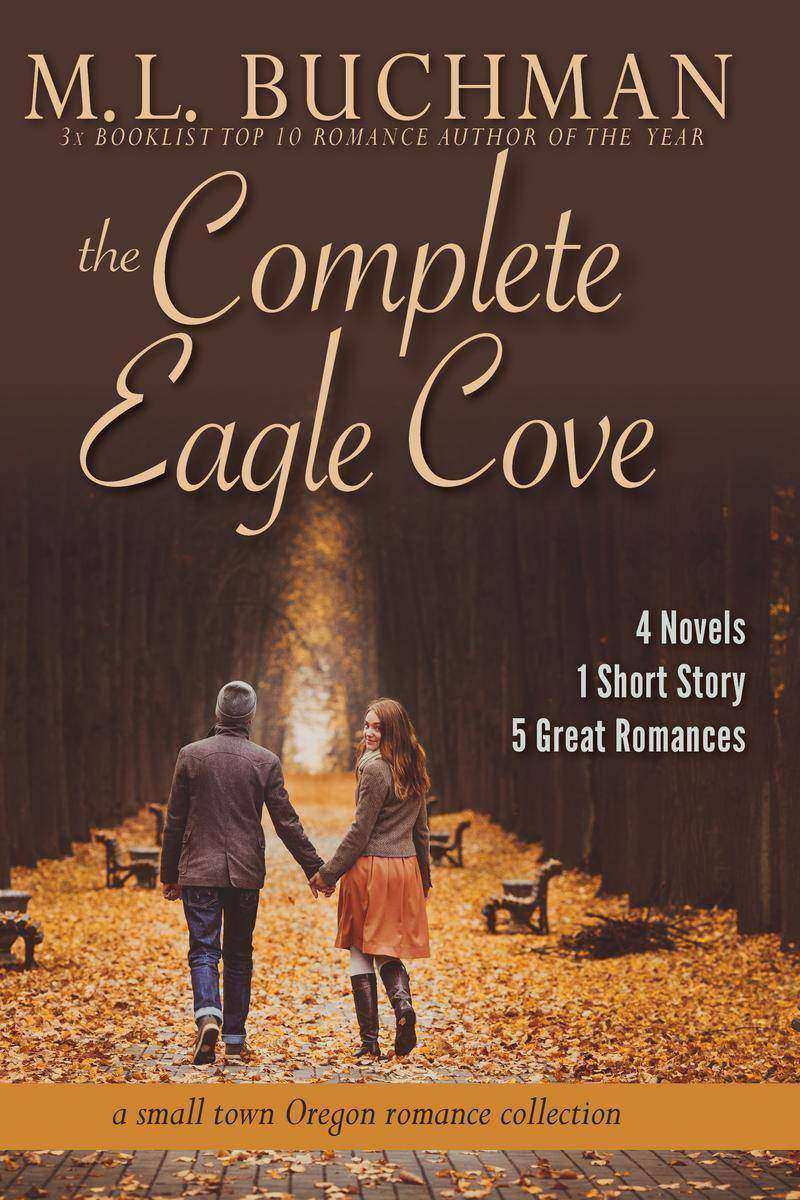
The Complete Eagle Cove
¥163.42
The Complete Eagle Cove
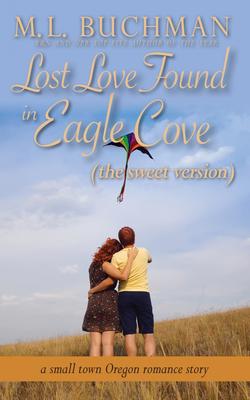
Lost Love Found in Eagle Cove: (the sweet version)
¥23.30
Lost Love Found in Eagle Cove: (the sweet version)
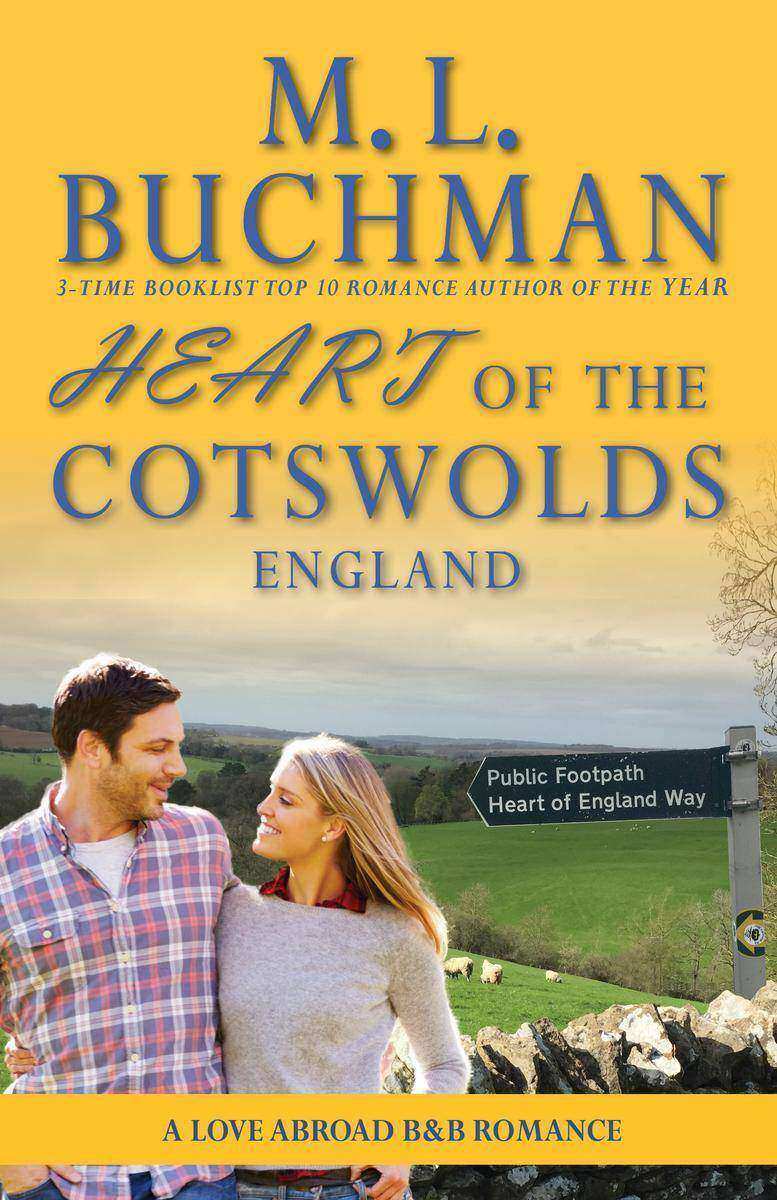
Heart of the Cotswolds - England
¥40.79
Heart of the Cotswolds - England

NSDQ
¥24.44
NSDQ
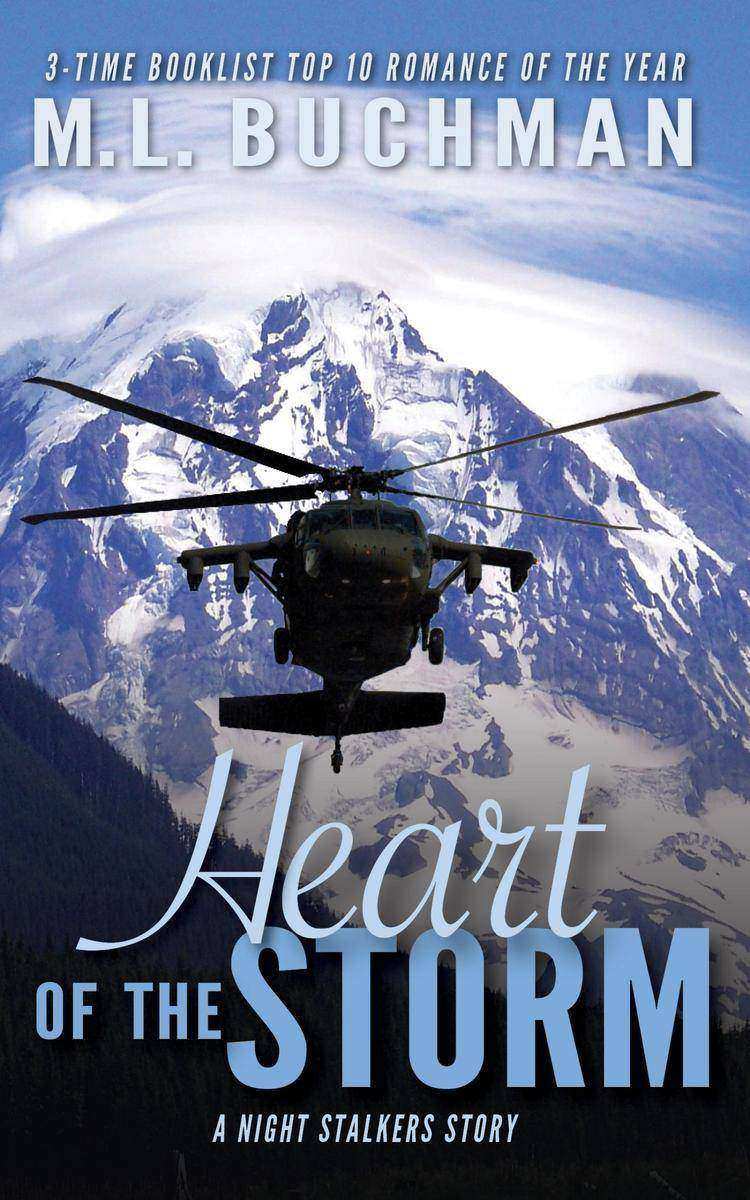
Heart of the Storm
¥24.44
Heart of the Storm




 购物车
购物车 个人中心
个人中心



